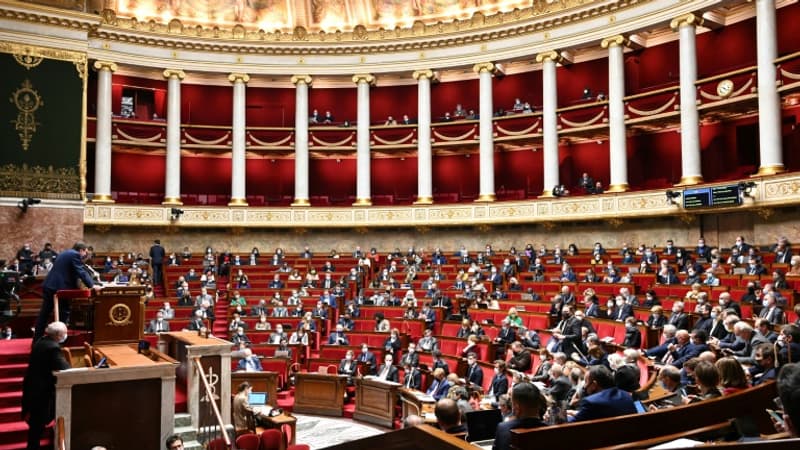As every five years, new legislative elections are organized: the French are called to the polls to renew the 577 deputies who sit in the National Assembly. The first round will take place on Sunday, June 12, 2022, before the second round a week later, on Sunday, June 19, 2022. Voting takes place by first pass in two rounds in 577 constituencies. To be elected in the first round, a candidate must obtain an absolute majority of the votes cast and a number of votes equal to at least a quarter of the voters registered on the electoral lists of the constituency where he is running. If no candidate meets this criterion, a second round is organized: all candidates who have obtained a number of votes at least equal to 12.5% of the number of registered voters in the constituency can participate, which can lead to triangulation, even square. If no candidate reaches this threshold, or only one, the runoff pits the two candidates who came first in the first round. These legislative elections are often considered the “third round” of the presidential election, because they determine whether or not the elected head of state will be able to benefit from a stable majority to govern and implement his program. They arrive here just a few weeks after the elections of April 10 and 24, 2022, which resulted in the re-election of Emmanuel Macron as President of the Republic, after his victory in the second round against the candidate of the National Rally Marine Le Pen. Some opponents of Emmanuel Macron hope to impose cohabitation on the president, elected under the colors of the Republic in progress: that is, elect enough deputies opposed to the head of state to obtain a majority and form a government from other parties. .policies than those associated with the tenant of the Élysée. Jean-Luc Mélenchon thus asked the French to “elect him prime minister”. The candidate of rebel France, who came third in the presidential elections, invites citizens to “elect a majority of rebel deputies and the Popular Union” that will allow him to govern. Marine Le Pen, defeated in the second round, also urged her supporters to continue “the fight” for these elections. In 2017, after the first election of Emmanuel Macron as President of the Republic, the Head of State was able to benefit from a large majority, with a total of 350 deputies out of 577 elected under the colors of La République en Marche. ally, the MoDem. They were followed in opposition by Les Républicains with 112 seats, the Socialist Party with 30 elected members, the UDI with 18 deputies and La France Insoumise with 17 parliamentarians at the Palais-Bourbon. According to several polls carried out after the presidential elections, the majority of French people do not want Emmanuel Macron to win the legislative elections in June. However, initial projections estimate that La République en Marche could obtain a large majority, ahead of the National Rally and the Republicans. However, such polls must be taken with caution, since the result of this vote, made up of 577 elections in as many constituencies, is difficult to predict, especially since not all the candidates are yet known and alliances could intervene. These legislative elections are in any case essential for political parties, because they determine part of the public financing that they can obtain, which is calculated in particular according to the number of votes obtained in the ballot and the number of deputies finally elected. By electing at least 15 deputies, they can also form a group in the National Assembly, which allows them access to certain functions in the chamber, but also benefits from more speaking time.
Source: BFM TV


